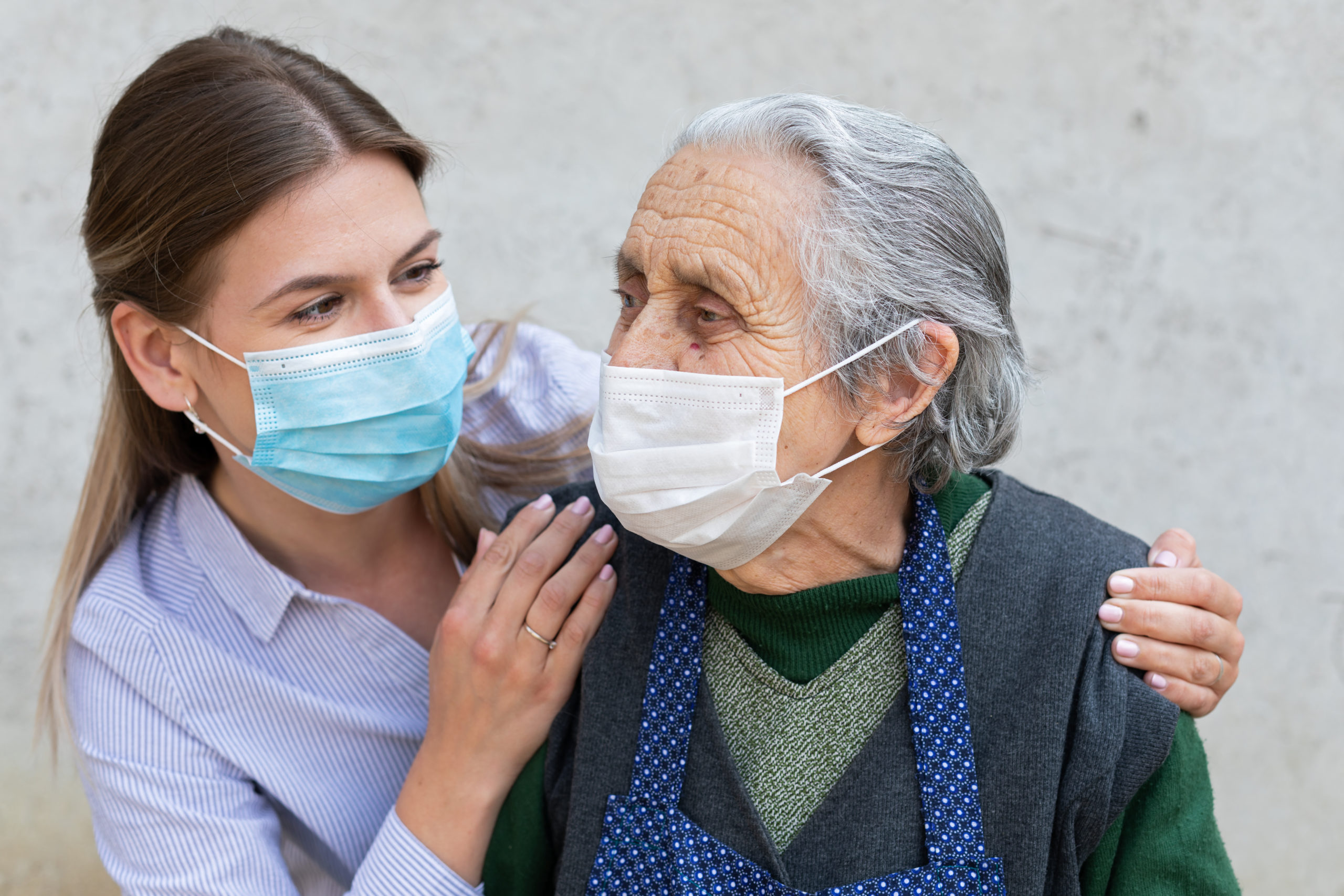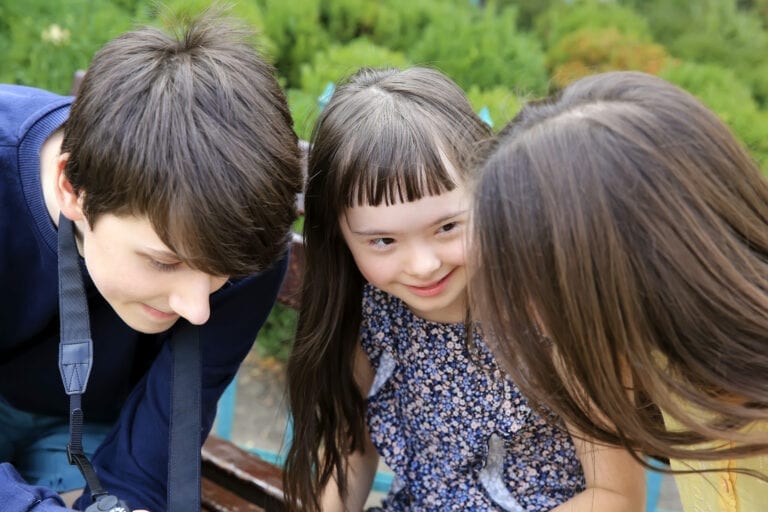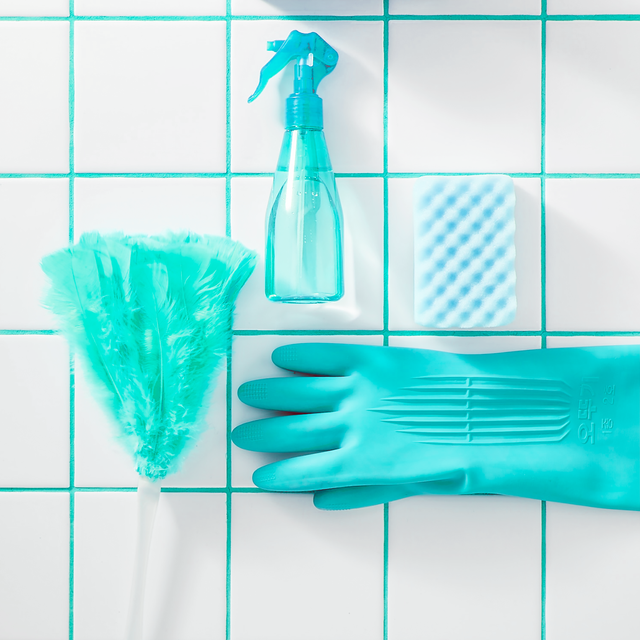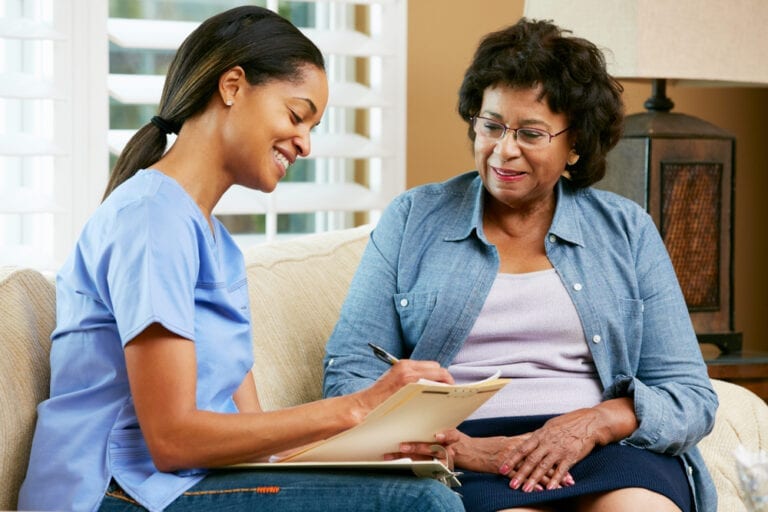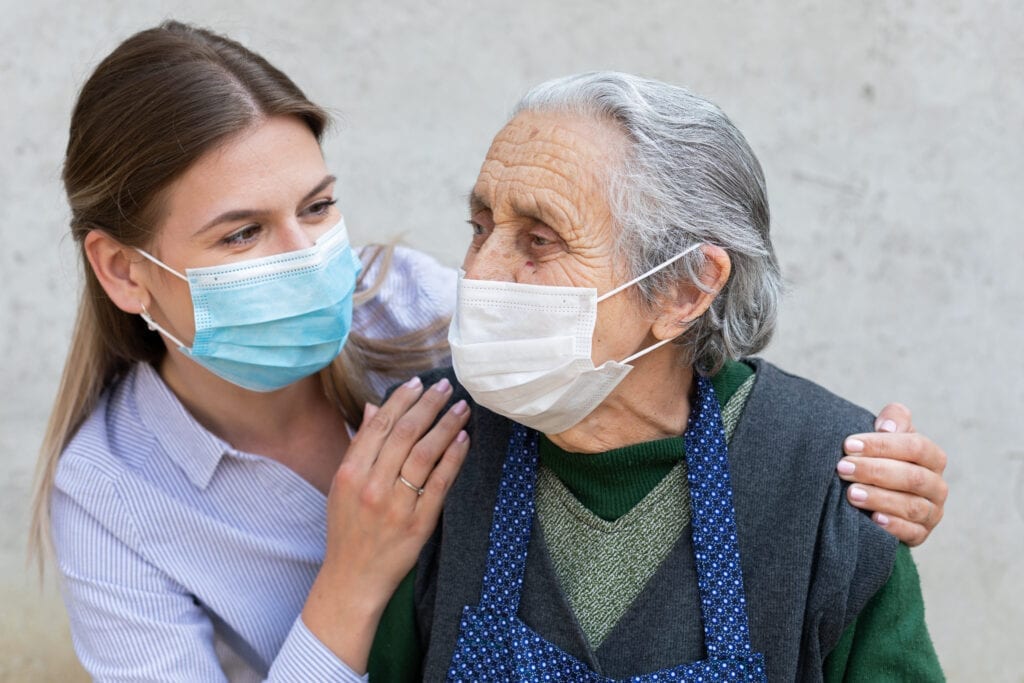
Every day, thousands of older adults across the nation depend on in-home caregivers to help them manage everyday tasks, such as bathing, dressing, grocery shopping, medication reminders and preparing meals – especially during an unprecedented crisis such as the coronavirus pandemic.
As COVID-19 affects more and more individuals and communities across the U.S., elderly in-home caregivers remain resolute in delivering safe and compassionate personal care that is essential to the health and well-being of older adults. Their efforts also reassure families their elderly loved ones are doing well, emotionally and physically, in their home.
Whether it’s shielding older adults from the flu or a harmful virus, caregivers practice proper hygiene to reduce health risks for seniors. They exercise frequent hand washing and disinfecting inside a senior’s household to keep contagious illnesses and viruses at bay. They also take special precautionary measures to clean and sanitize frequently touched surfaces such as:
- Doorknobs
- Light switches
- Counters
- Cabinets
- Phones
- Remote controls
- Handles on toilets and faucets
- And more
In-Home Caregivers on the Frontlines in the Fight Against COVID-19
COVID-19 has caused significant public health and safety concerns for the elderly and those with underlying conditions. The virus has changed the way this most vulnerable population socializes, interacts, and communicates with family members, friends, and neighbors. As the nation tries to find answers in these unsettling and uncomfortable times, many older adults rely on in-home caregivers for physical and emotional guidance inside the comforts of their home.
Caregivers have stepped up their everyday workload by helping the elderly comprehend and practice social distancing. They also plan and discover new ways to reduce distress, boredom, and isolation for older adults during the coronavirus pandemic. Some of the techniques they are employing include:
Maintaining a routine by In-Home Caregivers
COVID-19 has altered the way many people go about their day. Drastic changes to daily routines may upset some older adults, particularly if they are living with dementia or Alzheimer’s disease. Predictable visits from an in-home caregiver can help seniors feel safe and comforted. In-Home Caregivers also help maintain familiar routines as much as possible and ease the process of adapting to sudden necessary changes.
Helping seniors to communicate with loved ones
Caregivers help seniors find new ways to connect with their loved ones. Whether setting up new communication or virtual device or encouraging seniors to write letters, In-Home Caregivers encourage clients to stay in touch with family and friends.
Helping older adults “stock up”
Caregivers also help seniors obtain necessary household supplies by arranging for the delivery of life-sustaining medications, groceries, and other goods.
Giving serenity to families
Visits from caregivers also provide peace of mind for families who are separated from seniors due to social distancing or because of long-distance care giving.
Notifying family members
There is always an open line of communication with an elderly loved one’s point-of-contact and provides frequent updates. Caregivers continually check and monitor for signs and symptoms of COVID-19. If caregivers observe any disturbing symptoms, they will immediately alert the local agency owner as well as family members. In addition to monitoring a senior’s health and wellness, in-home caregivers watch for signs of depression and anxiety while looking out for changes in overall well-being.
Providing Safe, High-Quality Care the Elderly Deserve: In-Home Caregivers
The first priority remains the health and safety of its caregivers and the elderly clients they serve every day. As a leading home care agency in the nation, we follow and adhere to the latest health and safety guidelines issued by the U.S. Centers for Disease Control and Prevention (CDC). Despite the challenges associated with COVID-19, in-home caregivers are fulfilling the mission of partnering with families to provide essential home care services for older adults.
Caregivers continue to be home care heroes on the front lines, taking necessary steps to protect elderly loved ones and themselves as well as doing whatever it takes to prevent the spread of COVID-19.

